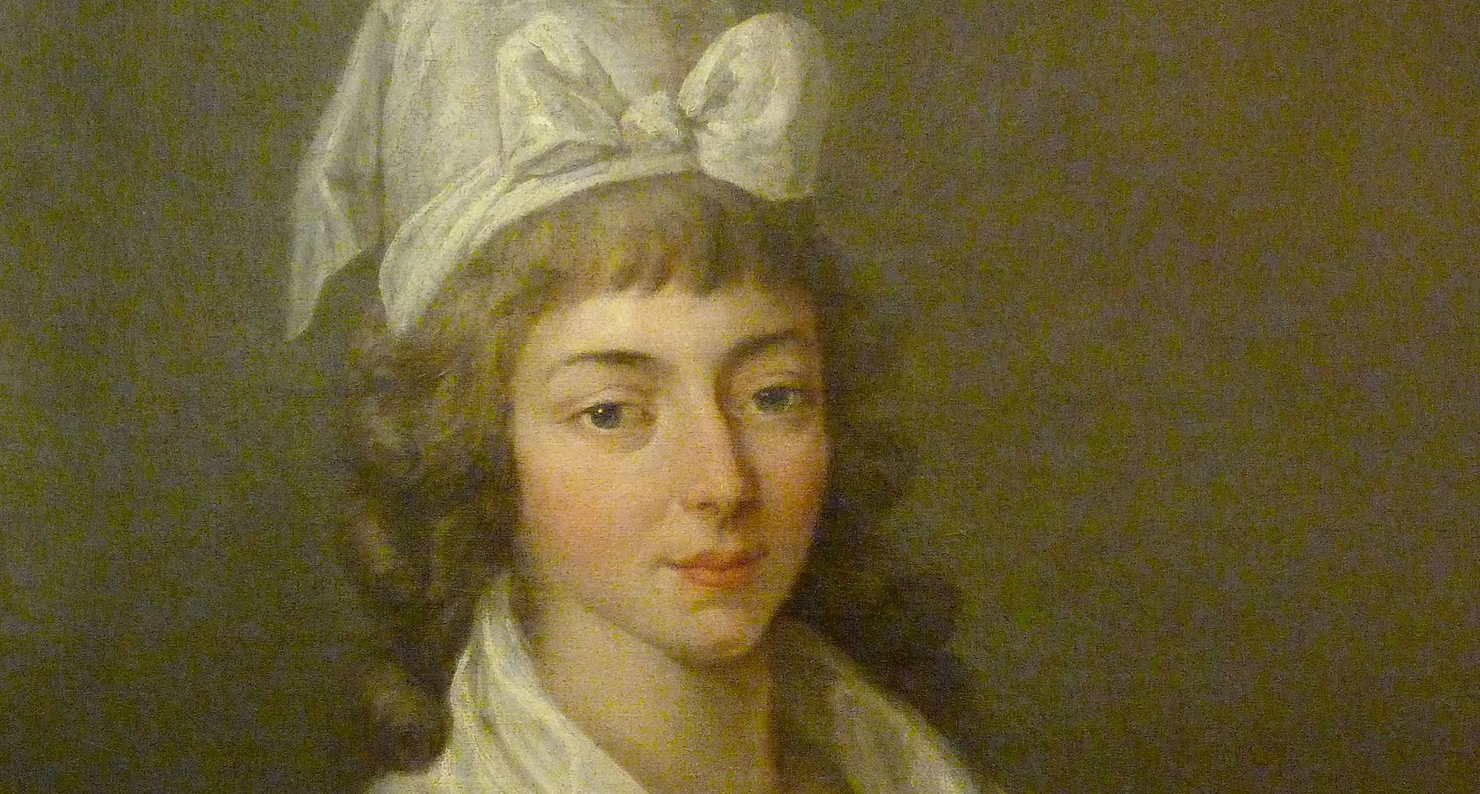
Madame Roland, c. 1790. Musée Lambinet.
• Rebecca Solnit on books that are inhospitable to women. (LitHub)
• The history of the motion picture code and the future of obscenity laws: “On November 18, it will be 100 years since a naked woman first appeared on American screens, in the film Inspiration, but censors still grapple with the nuances, vague rules of thumb, and subjectivity.” (The Economist)
• Two centuries of The Old Farmer’s Almanac: “It must have seemed, to the people of the 1792, when The Farmer’s Almanac was founded, something like what a smartphone is to people today: a handheld, portable device that contained information about all manner of things—health advice, weather predictions, jokes, recipes, charts detailing the times of sunrises and sunsets, and other ‘new, useful, and entertaining’ tidbits, as the cover promised.” (The Atlantic)
• Meteorology as literary device: “On the one hand, weather is widely regarded as the most banal topic in the world—in print as in conversation, the one we resort to when we have nothing else to say. On the other hand, it stands perpetually accused of melodrama. ‘It was a dark and stormy night,’ begins Edward Bulwer-Lytton’s 1830 novel Paul Clifford, which goes on to invoke torrential rain, gusting wind, guttering lamplight, and rattling rooftops: weather as plot, setting, star, and supporting cast of what is, by broad consensus, the worst sentence in the history of English literature.” (The New Yorker)
• The Patricia Highsmith pulp paperback that gave a mid-century lesbian romance a rare happy ending: “Highsmith did not set out to write a groundbreaking work of lesbian culture. In the brief and unsentimental afterword she contributed to the novel’s 1989 re-issue, published as Carol, it’s clear she wanted to place more emphasis on the book’s craft than its queer content. She was inspired to write the book while working in the toy section of a New York department store, a time when she was ‘vaguely depressed and also short of money.’” (The New Republic)
• The prison memoirs of Marie-Jeanne Philippon, Madame Roland, a Girondist guillotined in 1793. (Paris Review Daily)
• A time capsule buried in Boston two hundred years ago is unearthed: “In 1795, Paul Revere, Samuel Adams, and Colonel William Scollay decided to seal a time capsule beneath the granite cornerstone of the Massachusetts State House. They filled a box with objects that were then culturally important—mostly coins, newspapers, and business cards. Not exactly riveting stuff, but a source of pride for citizens of the newly created republic nonetheless: the lead capsule was drawn to a grand internment ceremony by a team of 15 white horses and given a 15-gun salute.” (Hyperallergic)